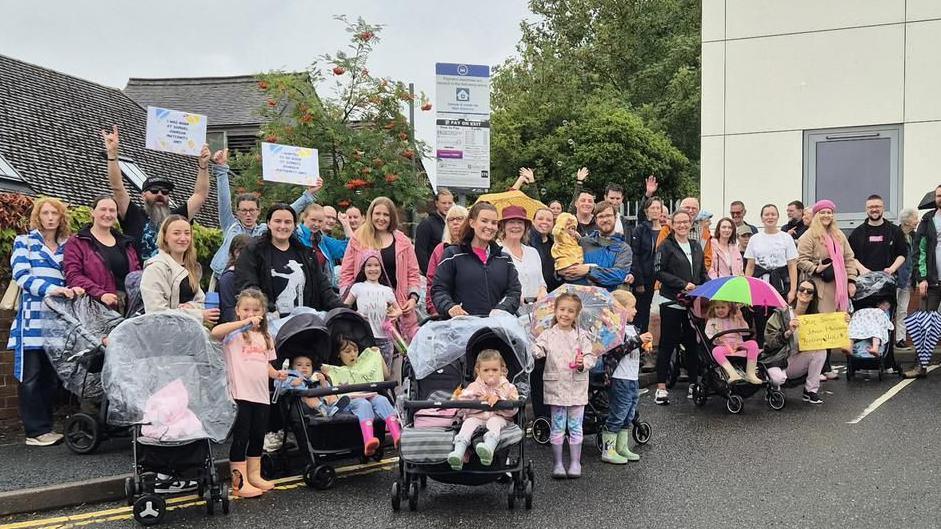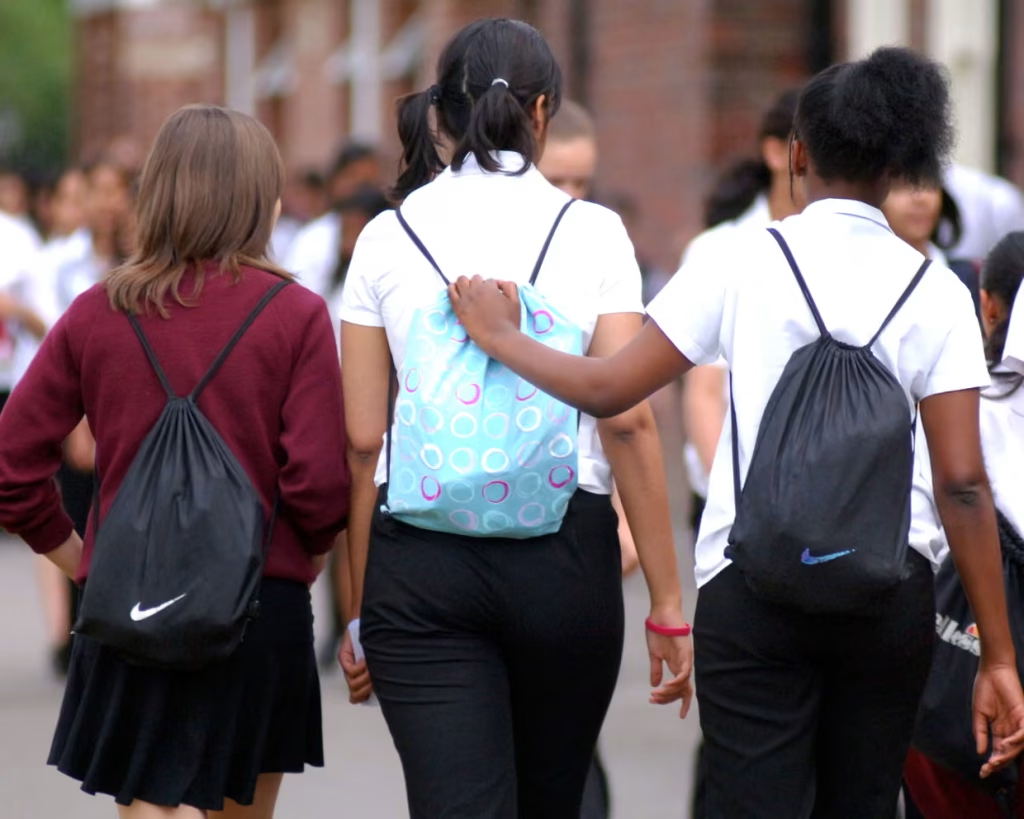They said the law would change things. That women walking in public—especially mothers
juggling school runs, kids, errands—would finally be safer. But for many, that hope has dimmed,
replaced by shadowed steps, whispered fears, and a sense that what’s written in statute means
little on the street.
Because passing a law doesn’t ensure protection. Real safety needs enforcement, culture
change, and everyday accountability. And right now, for many mums, that’s just not happening.
The Promise of Protection That Fell Short
In 2023, Parliament passed the Protection from Sex-based Harassment in Public Act,
aiming to criminalise certain street behaviours—catcalls, following someone, intentionally
blocking a person’s path—if done because of It felt like a milestone: for the first time, street
harassment would be a legally recognised offence, not just something women were told to shrug
off or “ignore.”
Alongside that, employment law shifted. As of 26 October 2024, under amendments to the
Equality Act via the Worker Protection (Amendment of Equality Act 2010) Act 2023,
employers now have a legal duty to take “reasonable steps” to prevent sexual harassment at
work. all the pieces are there. The scaffolding for change is built. But what good is a scaffold if
the house underneath is crumbling?
Why the Law Isn’t Working (Yet)
Let’s talk about why this feels more frustrating than liberating to many mothers.
- Enforcement is stalling
Even though the street harassment law is passed, it’s not yet being properly enforced. The
statutory guidance needed to activate it is delayed, which means many cases never make it to
court or even get recorded. Campaigns now estimate **1.5 million young womenThe
government delays persist.
The law is effectively a promise with no teeth—until the mechanism to use it exists. - Too much ambiguity
- Because the Act doesn’t list every possible harassing action, many incidents live in a grey area.
- What counts as “alarm or distress” is subjective. That means local police forces have discreti
- complaints are dismissed as “not severe enough.”
- A mum walking home with her child might endure taunts, lingering comments, or near-touching
- in a crowd—and be told it’s too vague to prosecute. That’s infuriating.
- Workplace protections are lagging in practice
Even though employers have a new duty, many small firms lack awareness, policies, or training.
Workplace harassment claims feel daunting for mums juggling careers and childcare.
On top of that, employment tribunals can now award up to ployer fails to take preventative
steps. But claiming that is already a high bar, and many women are understandably wary to
open that door. - Culture doesn’t shift overnight
Yes, laws can shape behaviour—but the underlying attitudes that justify harassment remain
entrenched. Some still see catcalls as compliments. Some still blame the victim. Unless you
change the mindset, enforcement will always be reactive and inconsistent.

Harassment disproportionately affects marginalised groups, such as disabled women and LGBTQ+ people (Getty Images/iStock)
Real Voices: Mums Who Feel the Gap
● “I called the police after someone shouted behind me while I was pushing my baby in a
pram. They said ‘not serious enough to prosecute.’ I felt dismissed, invisible again.”
● “In winter, I don’t walk my kids to the bus stop after 6 pm. I’d rather leave earlier than risk
it, even though the law should protect me.”
● “At work, I reported harassment from a colleague. HR said I might damage my career if I
pushed it. The law says I’m protected—but I didn’t feel safe using it.”
These aren’t extreme cases. They’re daily realities for mothers trying to live.
What Mums Are Demanding Instead
Mums aren’t asking for fairy tales. Their list is practical — and necessary.
- Clear enforcement & training for police
Every police force should have a mandate and training to recognise and act on street - harassment. Cases must be recorded, investigated, and prosecuted consistently.
- Fast track for vulnerable public harassment
Complaints from mothers walking with children, school runs, night errands—make these
priority cases with simpler routes for investigation. - Stronger community safety infrastructure
More street lighting, CCTV, safe pathways, neighbourhood watch, staffed public routes.
Make hostile spaces safer. - Workplace accountability & end gag clauses
The UK already has plans to ban NDAs used to silence harassment claims. But ensure
those bans are robust, backed by enforcement, and accessible to working mothers. - Education & cultural reform
Teach children about consent, respect, boundaries. Run public campaigns so the law
isn’t just top-down but embedded in social norms. - Transparency & data
Publish how many cns—locally and nationally. If people can see what works and what
fails, they can press for change. - Legal support & subsidised access
Provide resources, free legal advice, support for women who can’t afford tribunals,
especially those balancing childcare, jobs, and financial constraints. - Focus on intersectionality
Harassment does not affect all women equally. Women of colour, disabled women,
LGBTQ+ women face dangerous compounding biases. Their voices must lead solutions.

Harassment disproportionately affects marginalised groups, such as disabled women and LGBTQ+ people (Getty Images/iStock)
A Glimpse of What Might Work
In some areas, there are pilot schemes where victims can report harassment on the spot via
apps that alert local patrols. Some local councils have begun lighting audits and safe route
programmes for school areas.
If those pilot programs scale, and the law becomes enforceable in tandem, we could see moms
reclaiming their right to walk the streets at night, unafraid, unfiltered.
The Takeaway
The new harassment laws were meant to be a turning point. For some, they are—but for many
mothers, they feel like legislation waiting to catch up with life.
And in the meantime, women continue to walk earlier, avoid routes, feel dismissed, adapt with
fear. That’s the widest gap of all: between the promise of change and the lived daily struggle.
Laws can matter. But they only matter when they transform life. Until then, mums are
demanding more than promises. They’re demanding protection that works.





